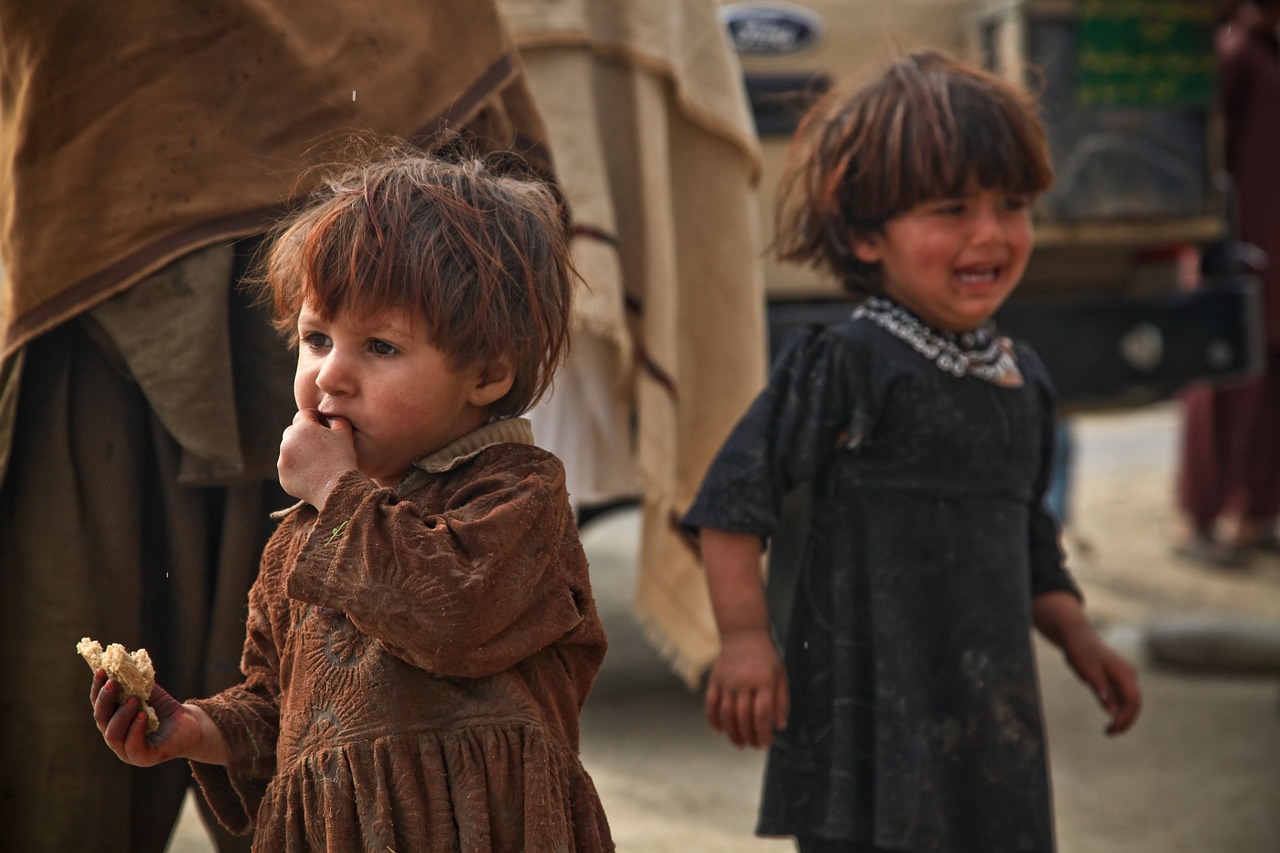
In an age of global migration, the health of immigrant children is an issue that has invoked increasing concern. Generally speaking, children from immigrant families are likely to experience greater hardship in health and well-being. Studies have documented many factors that contribute to the health-related quality of life (HRQoL, a multidimensional concept that includes the physical, psychological and social dimensions of health and well-being) of immigrant children, such as demographic characteristics, socioeconomic status, family and peer social support, etc.
However, the larger policy context of the host society has been overlooked and understudied. In fact, health is not a stand-alone aspect of migration, but dependent on the status of migrants in the host society which is largely determined by the overall migration policy. Moreover, policies do not always influence health in direct ways. There may exist other mechanisms that link macro level policy to individual level outcomes, such as social integration of immigrant families in the host society.
To date, very few studies have been done to understand how the macro (migration policy and welfare entitlement) and mezzo (social integration) level factors work together to influence the HRQoL of children from immigrant families. Even less is cross-country comparative research.
This project will bring together a team of scholars in health and social sciences from eight countries to investigate the mechanism that migration policy and welfare entitlement operate on the HRQoL of children from immigrant families in different sociocultural contexts.
